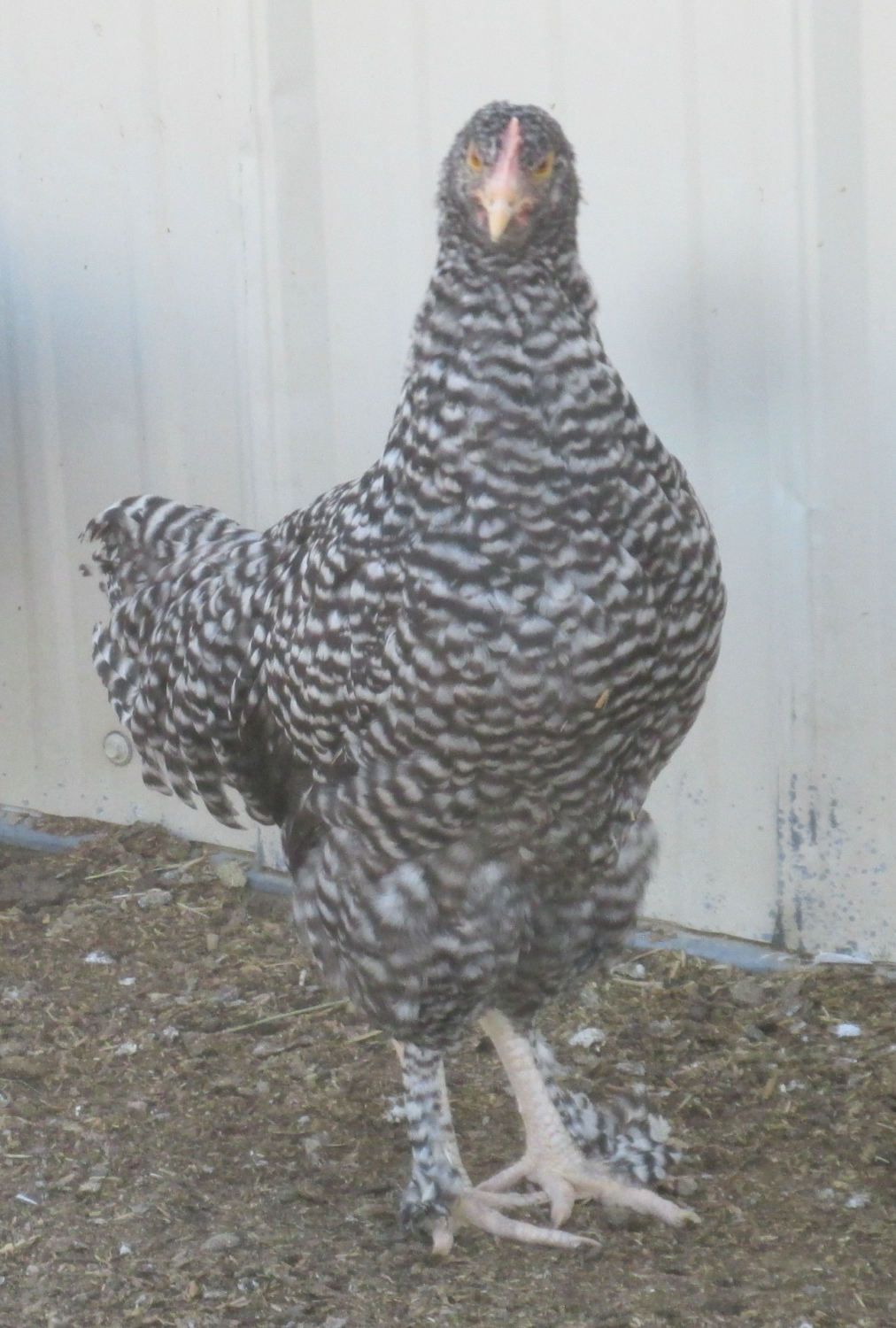- May 19, 2009
- 8,453
- 3,381
- 512
Hi, Re you feeding them meatbird diet? This breed is like a super sussex. Huge, heavy. Should be faster maturing. Yup 5 lbs. At 14 weeks. Up to 12 lbs. Later on for pullets and 16 lbs. For cockerels. The ones I have seen so far seem weedy in comparison. I know, it takes time to bring a breed back. And there is the border unfortunately separating gene pool. Reads like the birds are growing bone not adding flesh. Maybe check and see what Yellow house farm is feeding his white dorkings. Best, KarenMy Malines are 4 and 5 1/2 months of age. I picked up my largest boy and one of my larger girls today and realized that they are thin - not nice and plump like I expected them to be. I feed organic feed from Modesto and they have free choice access to their feed. They do free range, but it's not like they go far or fast. Everyone is healthy - no illness at all (most were tested by the NPIP testing program just a few weeks ago). What do I need to change? I will absolutely stay organic with their feed, but really need them to grow properly if I am going to be able to use them for meat eventually.


